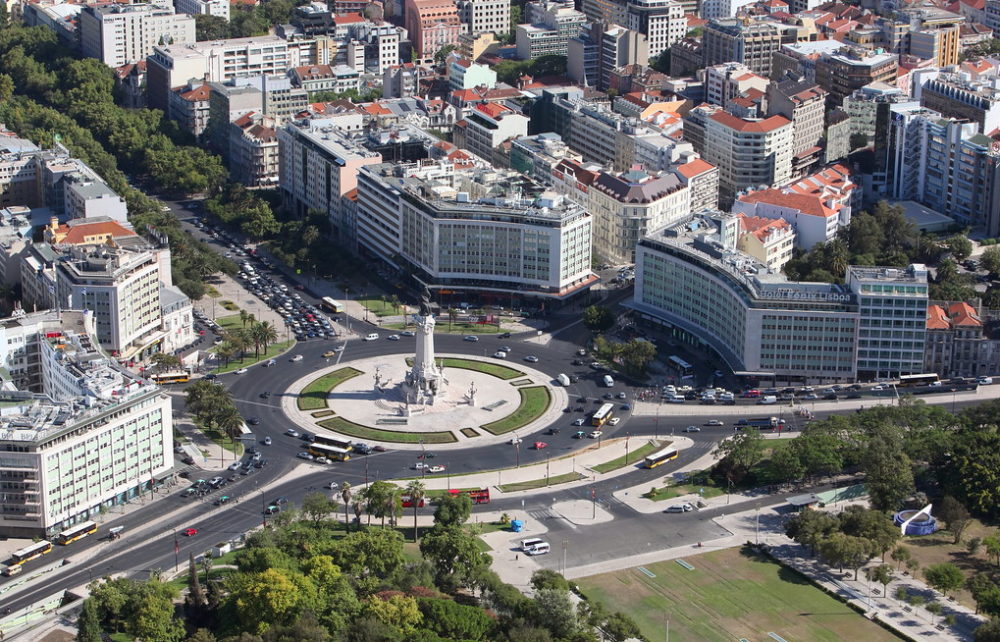Portugal’s minister of state and parliamentary affairs, Ana Catarina Mendes, has said that the government statute to regulate the implementation of the Agreement on Mobility within the Community of Portuguese-Language Countries (CPLP) aims to “enhance” that organisation and also combat labour shortages in Portugal.
Mendes stressed that the legislation now approved “has two essential concerns” – the first being “truly to value the CPLP as a community of language, citizenship, political and diplomatic cooperation and also as an economic space and the conclusion and implementation of the Agreement on Mobility” that was signed by the nine CPLP member states in July 2021 at the Summit of Heads of State and Government held in Luanda, Angola.
“This is the first objective of the amendment and of this consequent regulatory decree,” she stressed.
Government of Madeira (Portugal) wants Macau as trading platform for Asia
The second aim is for Portugal to implement “the European [Union] regulations on the Schengen information system in the national legal system,” she said, referring to the area that allows the free movement of people within signatory countries, without the need to present a passport at borders and of which most EU members, along with other countries, are a part.
However, she acknowledged, the legislation now approved in cabinet “is also related to the need to revitalise the [Portuguese] economy and fill labour shortages” in the country.
According to Mendes, the statute approved by the cabinet “embodies the intentions and principles that are in the Foreigners’ Law”, with the changes already made “allowing for the promotion of freedom of movement in the CPLP space – either because we [need to] revitalise our economy, or because we have a labour shortage.
Lisbon and coastal Portugal adapt to changes to Golden Visa scheme
“And there is labour here [in the CPLP] that is more qualified or less qualified, but which comes to the country, also because what we want is also to allow the procedures to attract regulated, integrated and safe immigration,” she said, while stressing: “I focus on the need to promote mobility and freedom of movement within the CPLP.”
According to Mendes, Article 24A of the new legislation guarantees compatibility with the rules of the EU’s Schengen area.
The article to which she refers “no longer covers short-stay visas, which as Schengen visas cannot be subject to the special requirements of the CPLP” but does provide for “the preliminary approval of [long-stay] CPLP visa applications unless the applicant is identified in the Schengen information system as being the subject of an alert for the purposes of return or for the purposes of refusal or stay.”
Portugal Golden Visa Scheme to Remain Attractive Despite Changes, Experts Say
As for any possible partnerships that Portugal might make with other CPLP member states under the Agreement on Mobility, the minister stressed only that the country when it approved the agreement was ready for all possible partnerships.
“When we approved the agreement a year ago … what we were saying was that we are ready to make partnerships with the member states of the CPLP, in order to consider the possibility of more people entering Portugal and that we can find with the various countries of the CPLP these partnership agreements that are being made at this time,” she said, without giving details.
With the CPLP, she stressed, “we are talking about a vast area and, therefore, what matters is that with the CPLP we have the agreements that can be made.”




